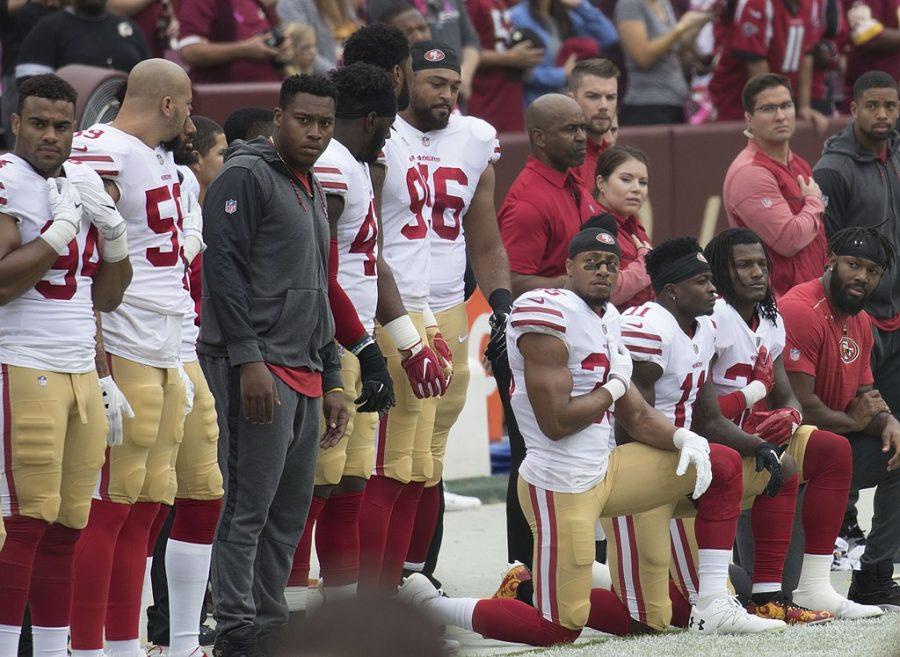Knowledge is power. The spread of information has the ability to generate either mass ignorance or something meaningful.
Narcissistic, senseless, and inconsequential internet posts aside, twenty-first century technology has helped unleash a flow of information about world affairs. Social media networks, such as Facebook, Tumblr, YouTube, and Twitter, have become WMDs–weapons of mass dissidence. Internet bloggers are now campaigns for awareness, tweeters are challengers of authority, video-makers are historians of revolution, and all of this culminates to become a small part of a large call to arms for social justice.
From Libya to Iran, Bahrain to Egypt, and Tunisia to Yemen, individuals with a common goal are banding together for change as they become increasingly fed up with the regimes they have been oppressed by for decades. As they organize their revolutionary protests, they are imagining the alternative for a better future.
However, one thing is different about revolution in this day and age. Uncensored, raw information distributed by way of social networking websites has been necessary to grab international attention to examine specific human details and events that might have otherwise been obscured by traditional media. Photos of people kneeling over the bodies of family and friends, gory video of police and military brutality, and men, women, and children running and screaming running from mercenaries in the streets they grew up in—this, as opposed to the broad, generalizing brushstrokes that would otherwise be applied in coverage of the uprisings by mainstream media outlets.
Because Egyptian president Hosni Mubarak, Libyan president Col. Muammar Gaddafi, and others pulled the media kill-switch in their countries, each video, tweet, statement, picture, etc. put out by opposition groups and people on the floor engaged directly in the protests was invaluable. Around the world, people who were desperate to stay current could easily find a wealth of information available on Facebook, Twitter, and Youtube, even when the news channels and newspapers in their countries were slow or even unwilling to cover the events.
Powerful demonstrations and communication via the internet even catalyzed people in different parts of the world to garner awareness about the crises in North Africa and the Middle East. People on YouTube were making videos discussing the struggle for democracy for the citizens of Libya, Tunisia, Egypt, Bahrain, and Yemen. YouTube celebrity Philip DeFranco (also known by his username, sxephil) reported news about the abuses being carried out by “Evil Carlos Santana” (his nickname for the tyrannical Libyan president, Col. Muammar Gaddafi, who bears resemblance to the singer). He covered the events unfolding, often saying, “so long as there’s a story to tell, I will keep telling it.”
Everyday individuals on Tumblr were re-blogging photos documenting the violence and atrocities being committed against the protesters by the government to voice the need for intervention. Personally, I use Tumblr to post irrelevant images, videos, and stupid internet memes. Compared to the meaningful posts by others about these monumental protest, I felt my posts becoming more and more inconsequential. Even though my blog is not viewed by very many people, I started re-blogging every important detail about the struggle in the Middle East. My Twitter account, another one of my spots on the internet for unimportant vanity and egotism where I complain about everything, was also rendered a place for my trivial scurryings. When I felt like I could be doing something proactive with these websites, I hopped on the bandwagon for awareness for something beyond myself.
Though these avenues of social media have facilitated communication within the Middle East and beyond, the real credit of mobilization belongs not to these websites, but to the courage and initiative of the people actively working to make a difference in their country. This editorial is not to reduce the complexity inherent in the situations in each country and relegate it to a label like “Twitter Revolution”—doing this would be to fuel Western ignorance about the level of development in the mobilization of people by traditional in Arab society and . Moreover, simply concentrating the energy of the revolutions to portray the West as a liberating force undermines the value of the protesters and the sacrifices they have made in their own realm. It becomes too easy to say, “Without us, they wouldn’t have Twitter to revolt!” In fact, the truth is that our government has preserved these repressive regimes for years—without us, the people of the region are finally working towards releasing themselves from the grips of their government.
Information is power. Whether it is those in Libya coordinating responses and medical support or a foreign observer, small actions on the internet can motivate larger political action. The more information readily available and consumed, the better we can move our leaders to sanction these oppressive governments or intervene to protect citizens in these countries and further their cause.


